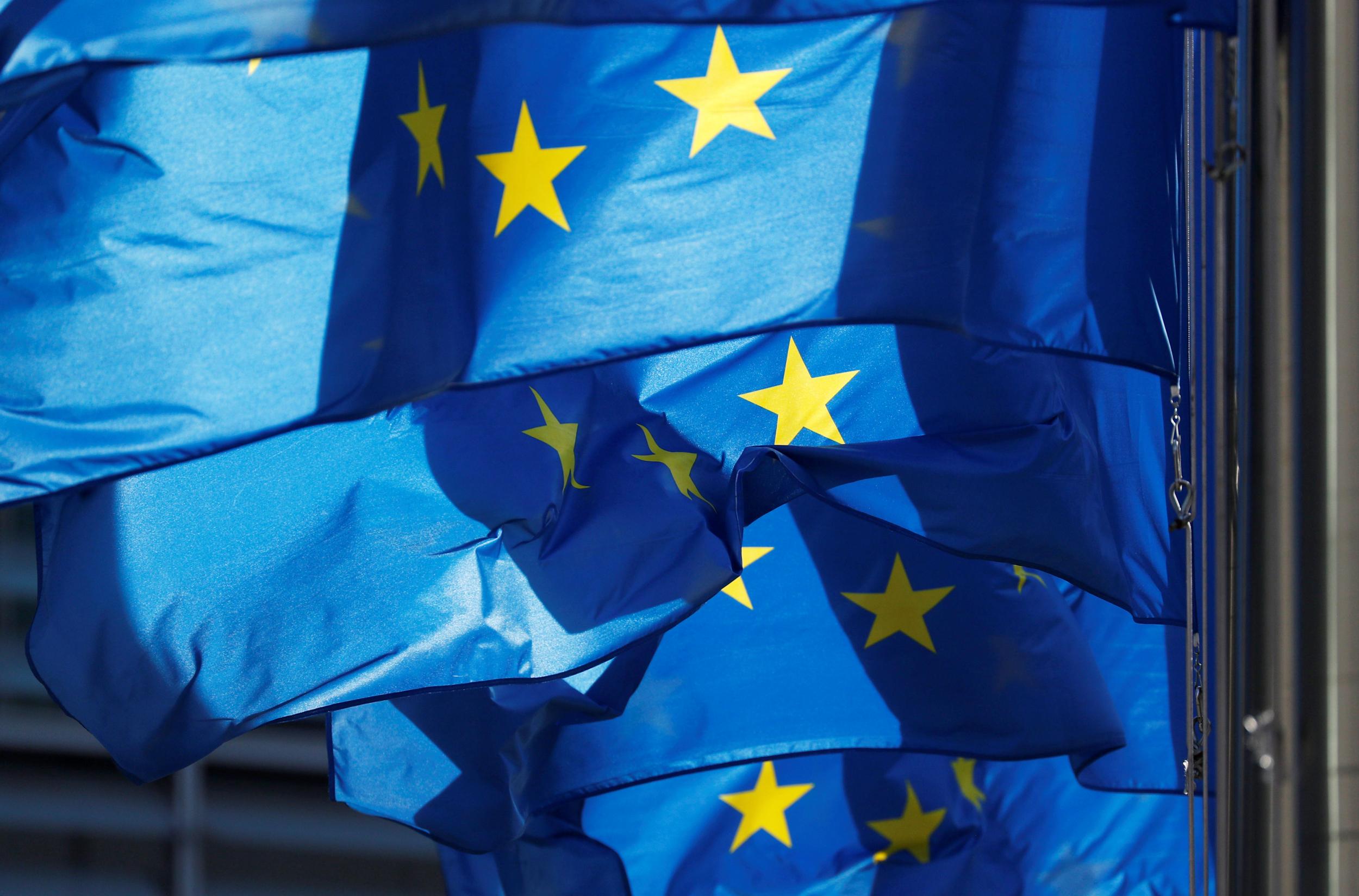Your support helps us to tell the story
From reproductive rights to climate change to Big Tech, The Independent is on the ground when the story is developing. Whether it's investigating the financials of Elon Musk's pro-Trump PAC or producing our latest documentary, 'The A Word', which shines a light on the American women fighting for reproductive rights, we know how important it is to parse out the facts from the messaging.
At such a critical moment in US history, we need reporters on the ground. Your donation allows us to keep sending journalists to speak to both sides of the story.
The Independent is trusted by Americans across the entire political spectrum. And unlike many other quality news outlets, we choose not to lock Americans out of our reporting and analysis with paywalls. We believe quality journalism should be available to everyone, paid for by those who can afford it.
Your support makes all the difference.What just happened? All weekend, news trickling out of Brexit talks became more and more positive. By Sunday lunchtime EU diplomats were certain a deal had been agreed. Dominic Raab, the Brexit secretary, headed out to Brussels to confirm it all – or so we thought.
Then the Brexit roller coaster hit yet another big dipper: after a shorter-than expected meeting between Raab and Michel Barnier, it was all off again, and we were, in the words of one official “back to square one”.
Anyone following these talks will have become accustomed to twists and turns, but with this week’s European Council summit looming – the “moment of truth” – the stakes are higher than ever. The Irish border, and the so-called “backstop” is the sticking point.
A deal of sorts appears to have been agreed: The Independent understands that an agreement at a technical level – between officials – was struck. But agreement at a political level is a different question entirely.
Talks are shrouded in secrecy, and leaks from them are prone to spin. But as far as we can tell EU appears to have agreed to the UK plan that would, with some caveats, keep the whole UK inside the customs union to prevent any borders around Northern Ireland – either between it and Great Britain, or it and Northern Ireland.
This had been proposed by the UK to placate the DUP – who want no difference in treatment between Northern Ireland and the rest of the UK, and who say they would sink any deal that did. Most people believe they’re single-minded enough to carry through on their threat.
But sources say Brussels is sceptical that this plan would work – and so are insisting on what has been dubbed “the backstop to the backstop”. The thinking here goes that if the UK’s political instability means that if trade talks collapse and the UK has second thoughts about being tied to the EU customs union, the original EU plan to prevent a hard border between Ireland and Northern Ireland would step up.
The prime minister is probably cursing herself for calling last year’s election
But this was unacceptable to the British government, who don’t think they could get even this past the DUP.
There is a fundamental tension for the UK government which restricts their freedom to compromise in talks: lean towards a customs union for the whole UK to placate the DUP, and Tory Eurosceptics get angry because they want to be outside the customs union. But lean too hard the other way, and make the backstop more specific to Northern Ireland, and the DUP withdraw their votes.
With a razor-thin majority in the Commons the government can’t really afford to lose either. Ultimately it is now parliament, and what the government can get through, that is the biggest obstacle to signing a deal.
So what happens next? There are no more talks between officials until the European Council summit later this week, where leaders will discuss their response. The negotiations teams – who both speak very highly of each other – clearly believe they have gone as far as they can within the instructions they have been given by their respectively political leaderships.
As far as they are concerned, a deal is on the table, and movement to prevent a no deal now has to be at a political level. Some speculate that Theresa May could simply wait: let the threat of a no deal loom ever larger and increase pressure on MPs to back the technical accord. Others fear that this is wishful thinking and that a no deal may now be more likely than not.
Either way, with the composition of the House of Commons the main obstacle to a deal, the prime minister is probably cursing herself for calling last year’s election, blowing her majority, and putting the DUP in the driving seat.


Join our commenting forum
Join thought-provoking conversations, follow other Independent readers and see their replies
Comments